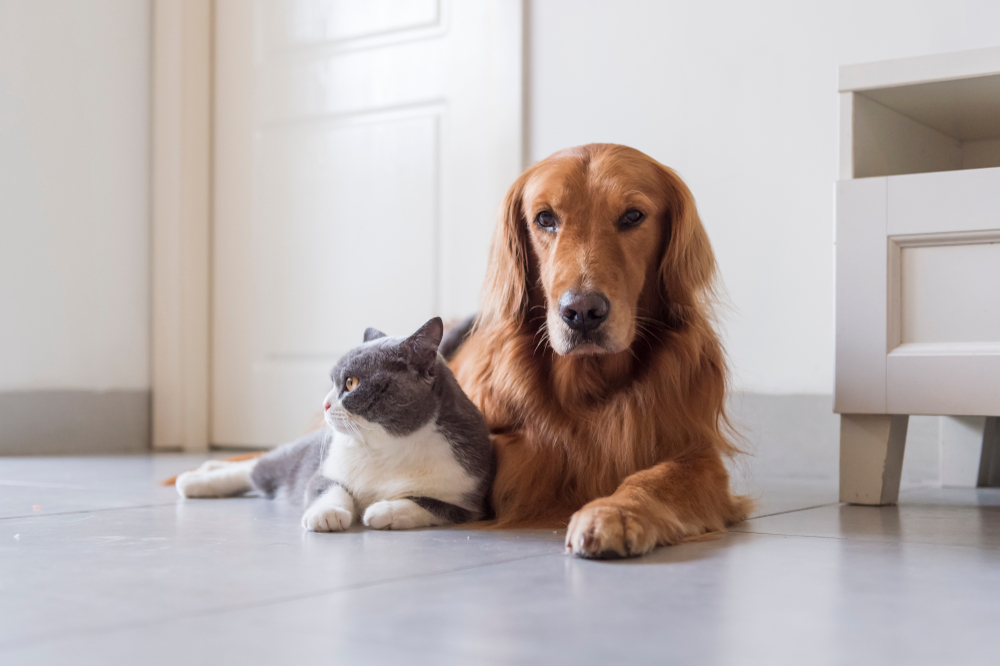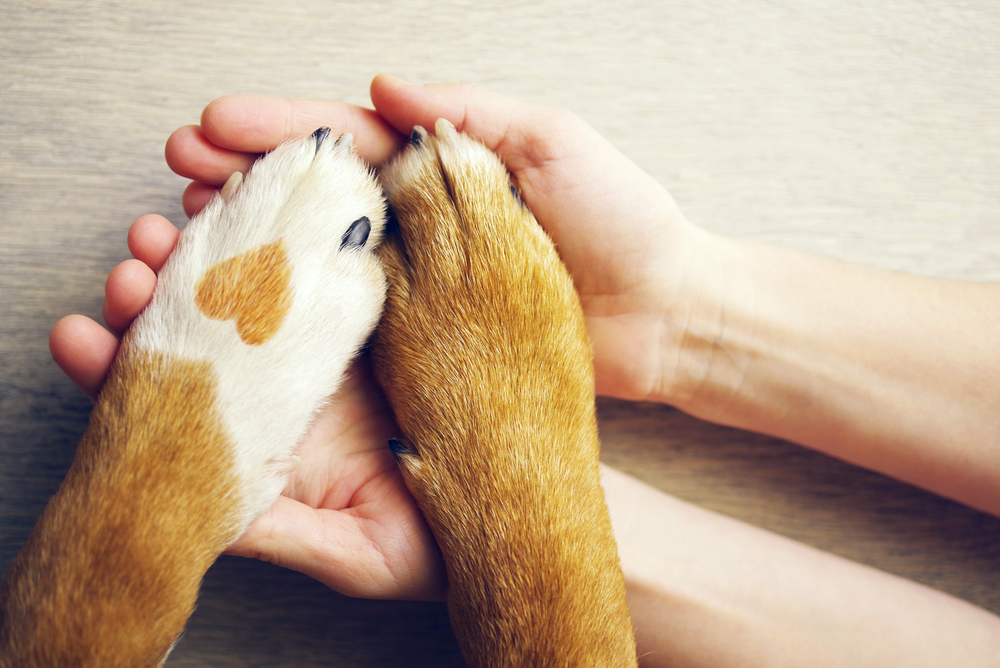There’s nothing better than coming home to a dubiously excited dog or cat vying for attention. While it may feel great to be a source of endless happiness for your pet, your own health and well-being can be greatly improved. Studies show there are physical, emotional, and mental benefits of owning a pet for people of all ages. From encouraging daily exercise to unconditional companionship, the perks of having a furry best friend are numerous and undeniable. The following are 5 health benefits of owning a pet.

Pets are Heart Healthy
Did you know the simple act of petting a dog or cat can be hugely beneficial to your cardiovascular health? Individuals with pets tend to have a lower blood pressure than non-pet owners, which is imperative in reducing the risk of heart disease.
Loneliness and Depression Antidotes
The companionship of a pet can help combat depression and loneliness for pet owners who may find themselves spending a lot of time alone. Before choosing a new friend, however, consider the pet’s age and natural demeanor. The relaxed temperament of many older pets may align well with senior energy levels and lifestyle, whereas a puppy or any energetic pet may be more suitable for younger, more active owners.
Simply petting an animal can reduce stress and increase feelings of companionship because it releases the pleasure chemical dopamine in the brain. Also, walking a dog is a great ice-breaker when it comes to talking to people on the street or at the dog park.

Animals Live in the Moment
Have you ever noticed the Zen-like mentality of animals to live for right now and at the moment? That “here and now” mentality can be particularly helpful for seniors. Seizing the day with your furry friend at your side can help you appreciate every precious moment of your life.
Increased Independence
Pets can also help improve mobility and independence for seniors by helping with daily tasks. For example, pets can alert seniors with hearing loss when there’s a knock at the door or the phone rings. Also, a daily outdoor walk with a pet is a healthy low-stress form of exercise.

Furry Pain Relievers
Anxiety intensifies pain and vice versa. By reducing anxiety levels, pets can help alleviate pain for seniors who may experience chronic conditions such as arthritis or sciatica. Recent studies have shown that there’s a decreased need for pain medication following surgery when a pet is present in the home.
Conclusion
There are few things more rewarding than owning a pet. Not only do they provide unconditional love and companionship, but having a furry best friend can be attributed to a multitude of physical, mental, and emotional health benefits. For more information, contact the professionals at Home Instead Senior Care.


